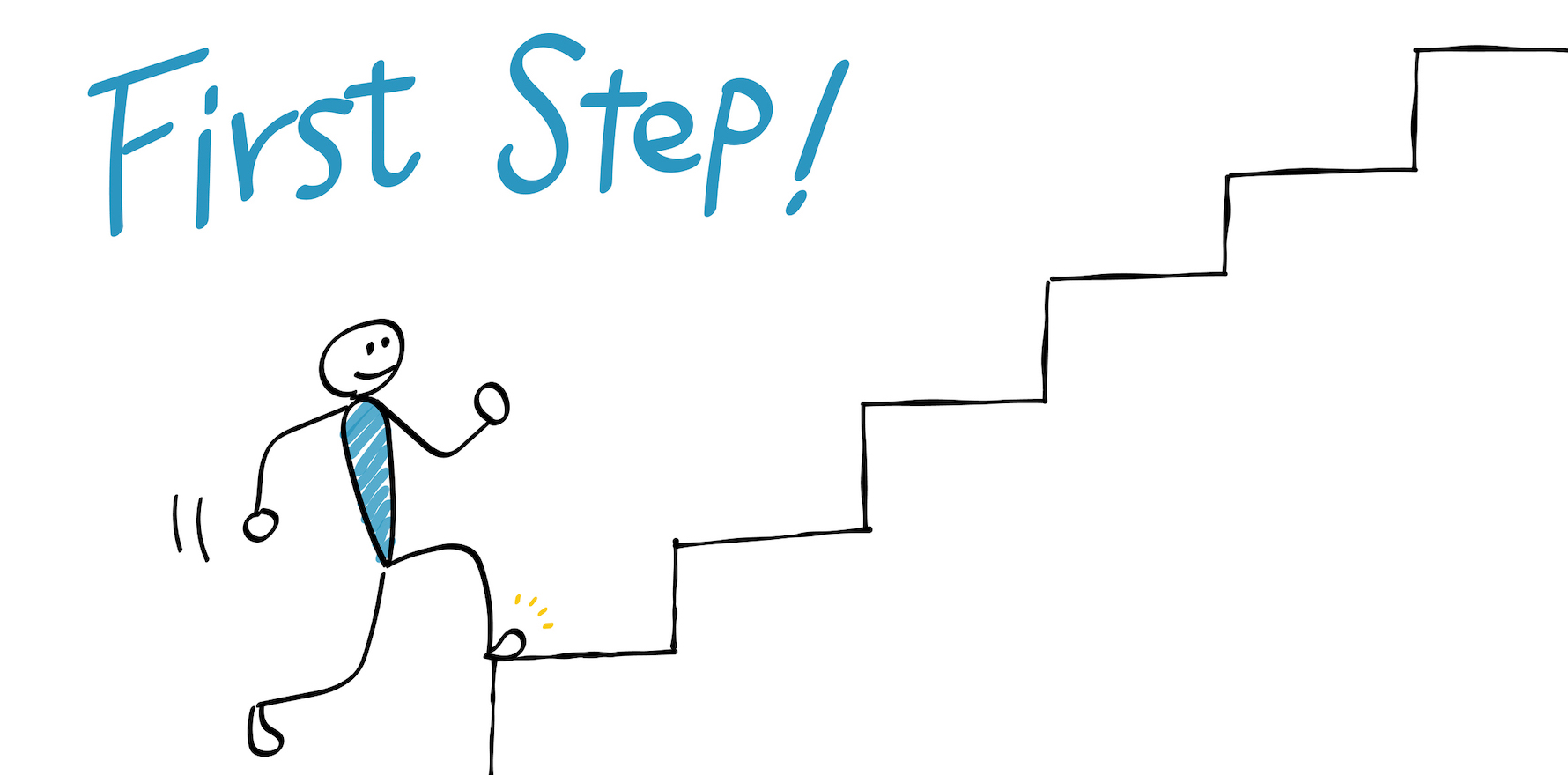It’s the first step on a very long road, but at least Justin Untersteiner is showing some of the insight the regulator is so keen to see in doctors.
On 23 June 2025, AHPRA’s new CEO, Justin Untersteiner, gave a speech in Canberra.
Speeches and public statements from the CEO of AHPRA are nothing new. We’re used to communications from AHPRA being somewhat self-congratulatory – for example, celebrating prosecutions and findings by tribunals of misconduct.
I have always found the latter, in particular, to be a little odd – practitioners regularly engaging in serious misconduct is not exactly a marker of a system that’s working well.
For many years, Martin Fletcher, the former CEO of AHPRA, vigorously defended its performance. In a 2023 statement to the Sydney Morning Herald regarding allegations of poor handling of complaints, Mr Fletcher stated that “We don’t accept that our investigations are of poor quality”.
So, the fact that Mr Untersteiner gave a speech was not unusual. What was unusual was what was said.
What AHPRA’s previous public statements and utterances have generally lacked is the thing that it expects of all practitioners – insight.
Practitioners are often told that, without insight, they pose a greater risk to the public. They are told that a lack of insight means that greater disciplinary sanctions need to be issued.
While that’s true, it has always seemed a little (or a lot) self-righteous from a regulator that seemed entirely unable to understand its own weaknesses and follies; a regulator that was entirely unapologetic for the harm it causes to practitioners and the public; a regulator that has seemed to accept investigations that drag on for over five years as acceptable.
What we saw from Mr Untersteiner was what AHPRA would call “the beginnings of insight”.
Mr Untersteiner’s speech included the following statements:
- “We need a holistic review and major transformation of our notification system”;
- “I am not convinced that the current notifications end-to-end system is achieving those important qualities [timeliness and efficiency, transparency, procedural fairness, empathy and accessibility], and as a result it is leading to a loss of confidence and a loss of trust in the scheme”;
- “We need to pick the whole system up and rethink it. We need to better understand the experience of anyone interacting with our scheme. This is an important priority”;
- “There continues to be real workforce challenges in the health sector here in Australia … Patients … who are being served by tireless practitioners who deserve more support”;
- “The [Dawson report – an independent report on how AHPRA is functioning] is also sobering – it paints a bleak picture of our performance in several areas”;
- “There is a perception that we have moved too slowly, and at times taken decisions that appear to be made in isolation without a deep enough understanding about flow-on consequence and risks”.
It is not so much that the content of anything Mr Untersteiner said is new or shocking to anyone working in the system – advocates for reform have been saying many of these things for years.
Rather, it’s who was saying it. For the CEO of AHPRA to come out and state in such explicit terms that AHPRA’s way of dealing with notifications is not working is extraordinary.
Related
It is one of the first times that I have seen such a clear and public enunciation of the harm that is being caused to practitioners, and as a result, the public. Because to be very clear – the impact of AHPRA’s processes on practitioners has been harmful to patients.
Mr Untersteiner finished his speech by noting that the question was not whether reform should happen, but rather, what the reform should be. This is the key question.
While AHPRA has publicly been combative and self-congratulatory about its performance, internally it has known for a long time that it is not doing a good job. It has constantly tried to change things. The problem has been that it has never really known what to do.
My observation of my time at AHPRA was that change was always designed and implemented at the senior executive level – there was minimal (if any) interest in seeking the views of those who did the work, which meant that change processes never actually focused on the real problems.
The result of this is that over the last 15 years, AHPRA has flip-flopped between two different methods of case management.
At times, AHPRA has had case managers who see a matter through from start to finish. At other times, it has had teams who manage different stages of a case and the matter moves to a new investigator several times through its life.
Each time it goes through some form of restructure, it essentially comes back to one of these two models.
They don’t work. They don’t address the core problems with the way that AHPRA manages notifications. The models are just slightly different shades of lipstick on a pig – but the pig itself is the problem.
The pig needs to go (in using this analogy, I extend my apologies to all pigs, who are delightful animals).
The reform needs to be significant; it needs to be “root and branch”. It needs to implement independent recommendations and advice – the last 15 years have taught us that AHPRA is incapable of internal restructure without that independent advice (which is true of most large organisations).
The Dawson review has been significant and has called out many of the major issues at AHPRA. Next time, I will write about that review and its recommendations – and what those recommendations might lead to.
I’m not naïve enough to believe that our problems are suddenly solved. The CEO’s speech is a very small step along a very long road, and I’m far from certain that the road will lead to a better place.
But the first step in addressing a problem is admitting that you have a problem, and the CEO has now done that (repeatedly – this is not the only speech he has given along similar lines).
I am hopeful that the glimmer of insight that we’ve seen from the CEO at least gives us the chance of some real, positive, and lasting change – a chance at a regulator that has empathy, cares about things like real procedural fairness (rather than the veneer of procedural fairness), and works to support practitioners and the public – not against them.
The proof, however, will be in the pudding.
David Gardner is a lawyer, and a former manager and investigator at AHPRA. In addition to his legal practice, he is the director of AHPD, a new CPD provider of high-quality education to doctors on largely neglected non-clinical topics.




